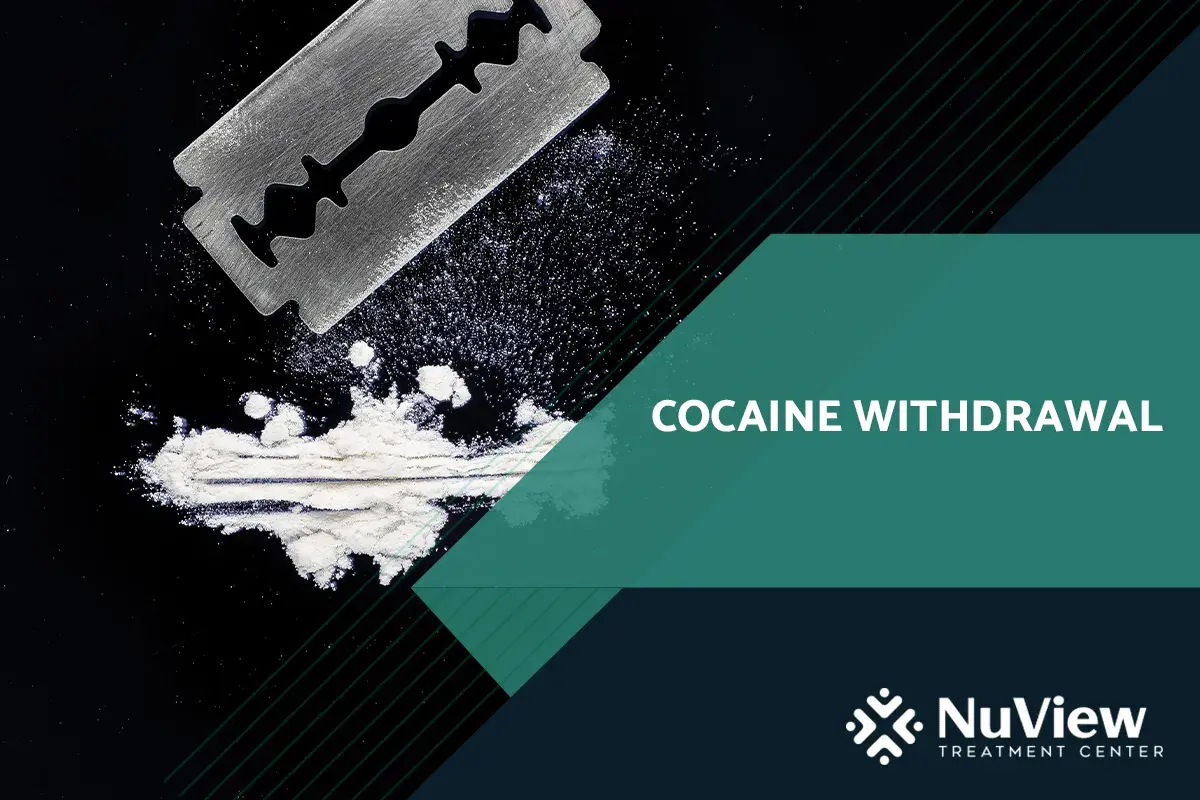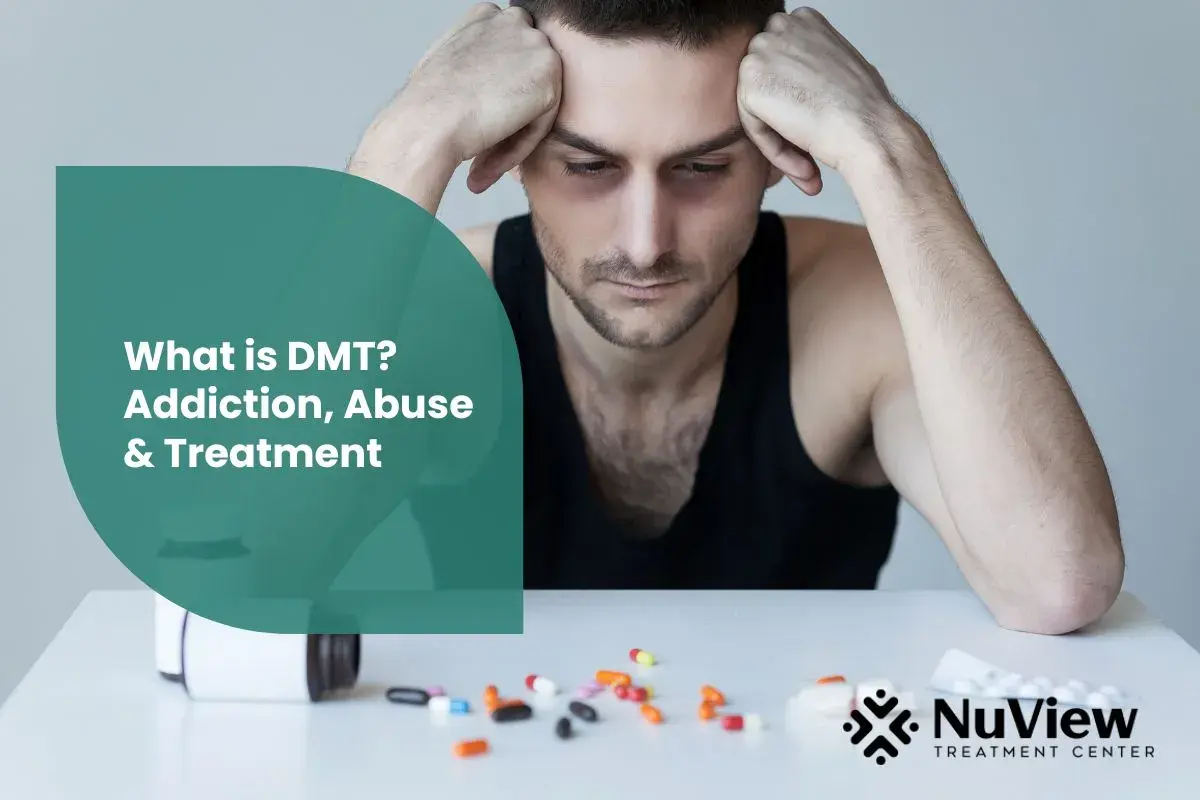The poet and writer Allen Ginsberg once described cocaine like this: “When it snows in your nose, you catch (a) cold in your brain.” Indeed, cocaine is a powerful stimulant, which is typically smoked or snorted for an intense albeit short-lived high. This euphoric rush often pulls people back toward it again and again, leading to dependence and, eventually, a substance use disorder.
Cocaine withdrawal starts when someone who has used it heavily suddenly stops or reduces intake. Interestingly, withdrawal symptoms can even surface when someone is not completely off cocaine and traces of the drug are still in the body.
What Are the Signs of Cocaine Withdrawal?
Here are the common signs and symptoms of cocaine withdrawal:
- Cravings and strong urges to use cocaine
- Restlessness and discomfort
- Agitation
- Low mood
- Lowered focus
- Memory troubles
- Bad dreams
- Changes in appetite
- Fatigue
- Psychomotor retardation or slowed physical movement
- Suicidal thoughts and ideation.
Cocaine withdrawal symptoms can take a psychological and emotional toll, leading to suicidal thoughts or actions. Restlessness, discomfort, nightmares, and slowed functioning become persistent. While these symptoms generally improve after 10 days, cravings and depression can persist even longer. Therefore, it is crucial to seek treatment so as to manage cocaine withdrawal and journey toward lasting recovery.
Get Started With Nuview Treatment Center
Our dedicated professional staff is here to guide you or your loved one on the journey to lasting recovery, offering support every step of the way.
Understanding the Cocaine Withdrawal Timeline
When someone suddenly stops using cocaine after a period of heavy use, they can begin to experience withdrawal symptoms very quickly. In fact, withdrawal symptoms can even begin while traces of cocaine are still in the body. These withdrawal symptoms are unpleasant, and they happen in stages. Knowing these stages helps determine the best time to seek treatment for managing withdrawal.
The cocaine withdrawal timeline is as follows:
| Time Frame | Description of Cocaine Withdrawal Symptoms |
| 0-24 Hours | Cocaine withdrawal starts within a few hours after the last dose. Feelings of discomfort and cravings begin to surface. |
1–3 Days | Cravings and urges intensify. Restlessness, low mood, fatigue, cognitive difficulties, and physical aches become more pronounced. This is typically the peak period of withdrawal symptoms. |
4–10 Days | Symptoms begin to ease, but cravings and a low mood may still persist even after this phase. |
Therefore, seeking treatment in the initial stages itself can allow a person to safely detox and recover from cocaine withdrawal symptoms. Furthermore, comprehensive treatment can identify and change the underlying reasons leading to cocaine use and prevent relapse. Cocaine use can be treated in outpatient settings with partial hospitalization programs or intensive outpatient programs, depending on the severity of the condition. For more severe cases, residential rehabilitation is recommended.
What Are the Factors Affecting the Severity of Cocaine Withdrawal?
Several factors impact how severe cocaine withdrawal symptoms can be:
- Dosage, Frequency, and Duration: Higher dosage, frequent cocaine use, and longer duration use can lead to more severe withdrawal symptoms.
- Purity: Cocaine purity and mixing with alcohol or other drugs can affect withdrawal severity.
- Method of Use: Depending on whether cocaine is smoked, snorted, or injected, the severity of withdrawal symptoms can vary.
- Pre-Existing Conditions: Pre-existing physical and mental health conditions can increase the severity of the withdrawal symptoms.
When cocaine use stops, the brain finds it difficult to adapt to the absence of the drug it had gotten so used to. This leads to withdrawal, and certain factors can further complicate these already intense symptoms. Therefore, seeking immediate help is crucial as they can worsen if left untreated.
Get Started With Nuview Treatment Center
Diagnosing and Treating Cocaine Withdrawal
Diagnosing cocaine withdrawal will require licensed and trained mental health practitioners to establish a history of cocaine use. Moreover, some physical examinations, like drug screening, blood tests, and urinalysis, will also be conducted.
While cocaine withdrawal symptoms subside over a period of time, for severe cases, medically supervised detoxification (detox) is conducted in safe and controlled environments, where cocaine is gradually tapered off from the body to minimize and manage withdrawal symptoms and cravings.
While detox is the first step in treating cocaine withdrawal, it does not guarantee prevention of relapse. Therefore, behavioral therapies like motivational interviewing, cognitive behavioral therapy, contingency management, and 12-step recovery programs are used to get to the bottom of cocaine use and change the patterns leading to the same. They also equip the person with tools and coping skills to manage triggers, cravings, and other factors like stress. Holistic therapies like meditation, mindfulness, yoga, and physical exercise are also incorporated to achieve a better lifestyle.
Aftercare programs involving ongoing therapy/counseling, personalized relapse prevention, and social support in the form of peer support groups like Narcotics Anonymous (NA) are crafted to minimize the risk of relapse and promote lasting recovery.
Find Cocaine Treatment in Los Angeles Today
If you or a loved one is struggling with cocaine use or withdrawal, never hesitate to reach out for help. The right level of care can make a lasting recovery from cocaine misuse a reality. At the NuView Treatment Center, we are dedicated to your well-being and provide personalized care that is specifically designed for your unique needs and goals.
Contact us today at (323) 307-7997 or mail us at info@nuviewtreatment.com to learn more about our treatment programs and let us take this journey toward lasting sobriety together.
Frequently Asked Questions (FAQs)
What are the signs of cocaine use?
Key signs of cocaine use are extreme restlessness, confusion, memory problems, and fatigue.
What are the side effects of cocaine use?
The unwanted and dangerous side effects of cocaine use are withdrawal, overdose, infections, seizures, heart failure, and stroke.
How bad is cocaine withdrawal?
Cocaine withdrawal can be intensely unpleasant and dangerous. It can lead to restlessness, depression, psychomotor retardation, and cognitive dysfunctions, but it can also lead to suicidal thoughts and ideation.
How to safely withdraw from cocaine?
Cocaine withdrawal symptoms subside over a period of time; however, this short window can increase the risk of a relapse and other life-threatening conditions. Therefore, to safely withdraw from cocaine, one needs to seek professional help.
- What Are the Signs of Cocaine Withdrawal?
- Understanding the Cocaine Withdrawal Timeline
- What Are the Factors Affecting the Severity of Cocaine Withdrawal?
- Diagnosing and Treating Cocaine Withdrawal
- Find Cocaine Treatment in Los Angeles Today
- Frequently Asked Questions (FAQs)
- What Are the Signs of Cocaine Withdrawal?
- Understanding the Cocaine Withdrawal Timeline
- What Are the Factors Affecting the Severity of Cocaine Withdrawal?
- Diagnosing and Treating Cocaine Withdrawal
- Find Cocaine Treatment in Los Angeles Today
- Frequently Asked Questions (FAQs)
Get Help Today!
Everyone is Welcome Here and We All Have Your Back
Your healing journey deserves a personalized approach. At NuView, we integrate expertise in behavioral therapy, mental health, and substance use treatment to create a customized recovery plan tailored to your unique needs.
Connect with our Admissions Specialists today.







Written By
Dr. Ryan Peterson